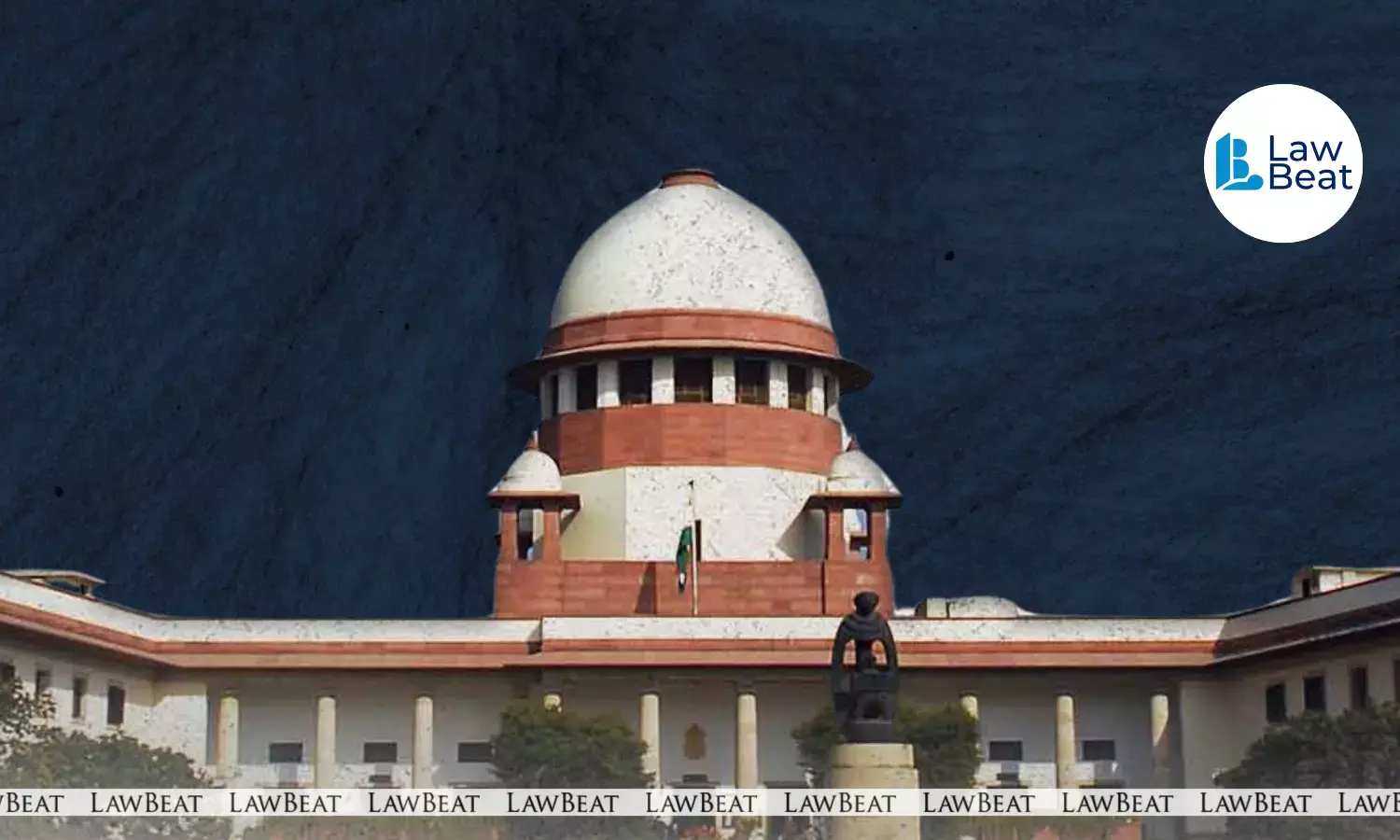Supreme Court declines PIL seeking vehicle star rating to curb pollution

The Supreme Court has said the issue fell within the domain of policy-making by the executive.
The Supreme Court of India today refused a petition filed by one Sanjay Kulshreshtha seeking a nationwide star-rating system for vehicles to promote eco-friendly choices and curb air pollution.
“Since the matter falls in the domain of the State, we are not inclined to interfere. However, the petitioner can make a representation to the Union of India, which will be considered on its own merits,” a bench of Chief Justice of India BR Gavai and Justice Vinod Chandran said.
Court was told by the petitioner in person that such a system would reduce emissions and associated health hazards. He added that the situation was also leading to birth defects. India's version of a star rating- Bharat New Car Assessment Programme (BNCAP) has been pending as a draft procedure since July 2023.
Highlighting the health crisis linked to vehicular pollution, the petitioner submitted that air pollution was responsible for nearly 21 lakh deaths annually in India, with fine particulate matter emissions from vehicles being a major contributor.
Notably, the Supreme Court is also seized with the Delhi government's plea against ban on old vehicles in the NCR region. The court had in August ordered no coercive action against owners of 10-year-old diesel and 15-year-old petrol vehicles plying in the Delhi NCR region.
Issuing notice on a plea moved by the Delhi government, a Chief Justice of India B R Gavai led bench had ordered, “In the meantime, no coercive steps to be taken against the owners of the car on the ground that they are 10 years old in respect to diesel vehicles and 15 years old with respect to petrol vehicles.”
The Delhi government has moved an application before the Supreme Court of India asking it to reconsider its 2018 end-of-life vehicle ban whereby the National Capital Region is required to phase out petrol vehicles that are over 15 years old and diesel vehicles that are over 10 years old.
Court has further been asked to direct the Union Ministry of Road Transport and Highways and the Commission for Air Quality Management (CAQM) to conduct a comprehensive scientific study on the actual environmental benefits of an age-based vehicle ban; feasibility and fairness of such a blanket restriction across vehicle categories and technologies; and whether such a policy of banning vehicles based on their age meaningfully contributes to improved air quality in NCR, as compared to targeted pollution emissions-based measures.
This application which has been filed under the MC Mehta vs. Union of India case submits that owners of well-maintained vehicles are unfairly burdened by the ban, which is imposed without taking maintenance, usage patterns, or PUC compliance into account. As per the application, this approach does not align with the objective of reducing pollution and that middle class is particularly impacted by the directive. Emphasises has been laid on many nations, like US, Japan, and EU countries which favour targeted pollution regulations and frequent testing systems over outright bans.
Case Title: SANJAY KULSHRESTHRA vs. UNION OF INDIA
Bench: CJI Gavai and Justice Chandran
Hearing Date: October 27, 2025
